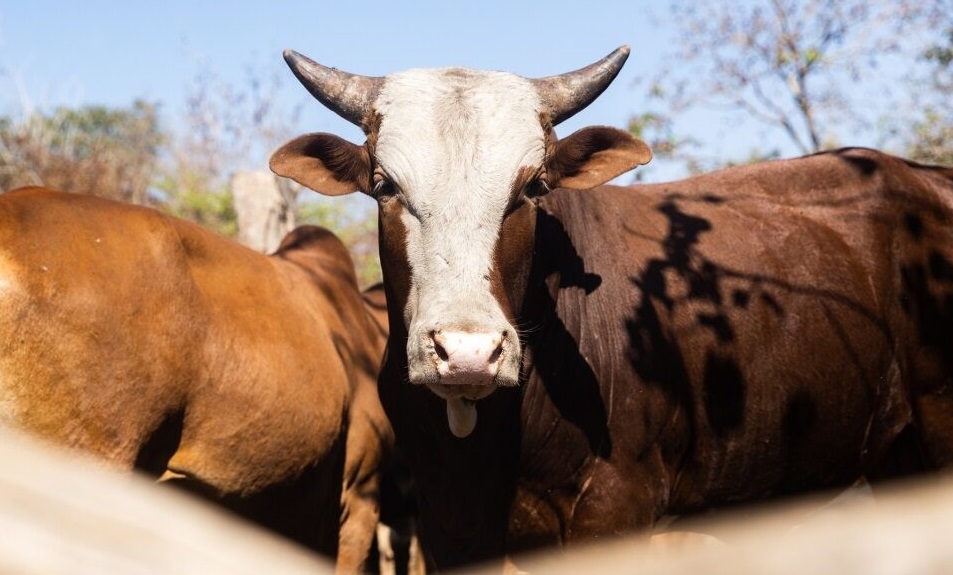New UK centre launched to tackle food security and climate change

Scientists will carry out research into plant breeding and animal nutrition to increase agricultural productivity as part of a new centre announced by the prime minister.
The UK-CGIAR centre was launched by Rishi Sunak at a global food security summit hosted by Number 10 on Monday (20 November).
Mr Sunak said: “We’re launching a new UK-CGIAR centre to drive cutting edge research on flood tolerant rice, disease resistant wheat and much more.
"These innovations will reach millions across the poorest countries as well as improving UK crop yields and driving down food prices.”
The centre aims to harness the UK's strengths in science and technology to help tackle the challenges of global food security and climate change.
It will do so by strengthening existing partnerships and forging new collaborations between CGIAR - a global partnership of international organisations engaged in food security research – and science centres in the UK and globally.
Scientists at Scotland's Rural College (SRUC) are among those who will work with the International Livestock Research Institute (ILRI), which is part of CGIAR and co-hosted by Kenya and Ethiopia.
Researchers say they hope to drive a step change in the breeding and manipulation of forages and crop residues for use in ruminant production systems.
The project, which starts next year, will combine ILRI’s expertise in plant breeding and SRUC’s record on ruminant nutrition to develop tools to accelerate the development of new forages and plant residues for Sub-Saharan Africa that boost animal production while decreasing emissions.
Lead SRUC researcher, Professor Jamie Newbold, explained that in Africa and Asia, demand for livestock products is expected to grow 200% by 2030.
“Livestock is a fast-growing, high-value agricultural subsector accounting for 15–80 per cent of GDP in low- and middle-income countries," he said.
“Ruminants can make use of feed substrates such as crop residues and forages not otherwise nutritionally available to humans.
"However, such systems are associated with higher levels of greenhouse gas emissions and low productivity, particularly in the Global South.
“There is a need to develop solutions that increase the productivity of livestock systems in Sub-Saharan Africa while also reducing their environmental impact.”








